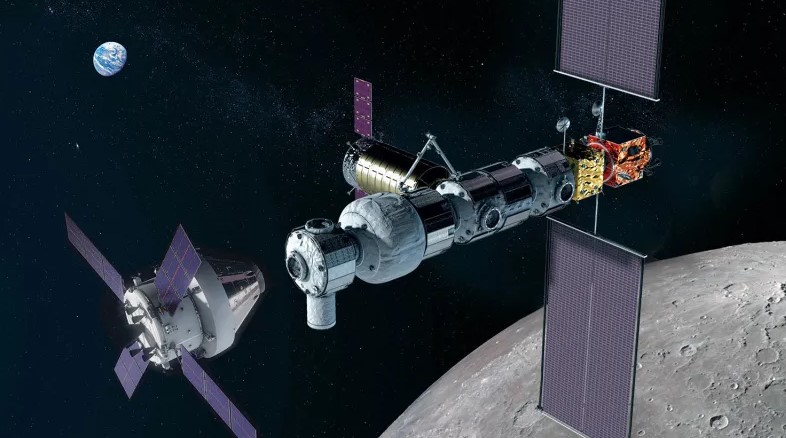
NASA announced the names of companies who’d be able to bid on contracts for lunar exploration projects as part of its Commercial Lunar Payload Services at a press conference today.
Last year, the Trump administration signed Space Policy Directive 1, which authorized NASA to return humans to the surface of the Moon before people are sent onward to Mars. As part of that directive, companies can bid on contracts to develop services to deliver new lunar payloads, through NASA’s Commercial Lunar Payload Services.
Essentially, NASA’s new Moon strategy will involve using private companies to build the stuff they send their experiments to the Moon on.
The companies announced today include Astrobotic Technology, Deep Space Systems, Draper, Firefly Aerospace, Intuitive Machines, Lockheed Martin, Masten Space Systems, Moon Express, and Orbit Beyond. The contracts that the companies can bid on include launching and landing services and payload delivery systems. NASA hopes that others will use these services as space travel becomes an endeavor accessible to private corporations.
Ultimately, these upcoming missions will help NASA gather data in order to prepare to send a lander with a person in it to the Martian surface.
The selected companies will compete on “cost and innovation,” NASA administrator Jim Bridenstine said at the press conference today. The first missions could launch next year, as NASA only recently called for proposals for experiments to study the Moon.
This announcement and its press conference demonstrate the continuing shift in NASA’s direction, driven by Space Policy Directive 1. This includes encouraging private investment where possible and shifting sights to lunar science, including the Gateway Lunar Orbital Platform and a human return to the Moon in the short term.
The companies will bid contracts worth a combined value of $2.6 billion.